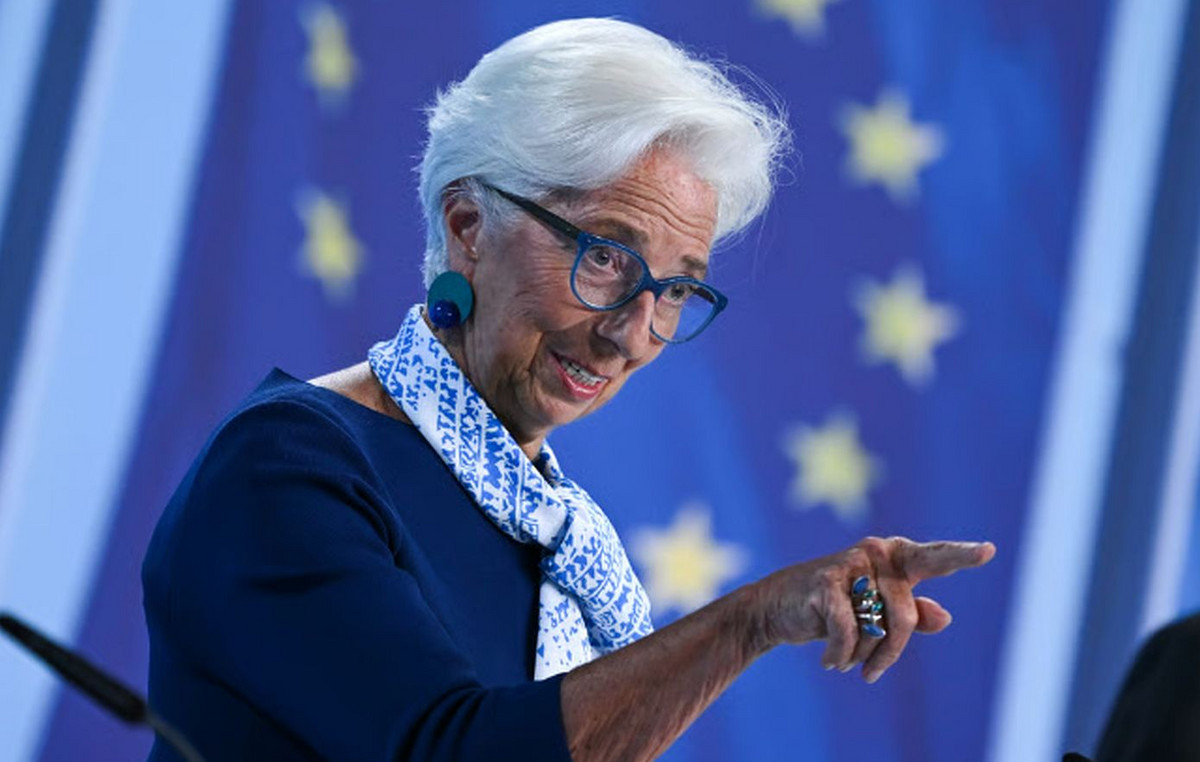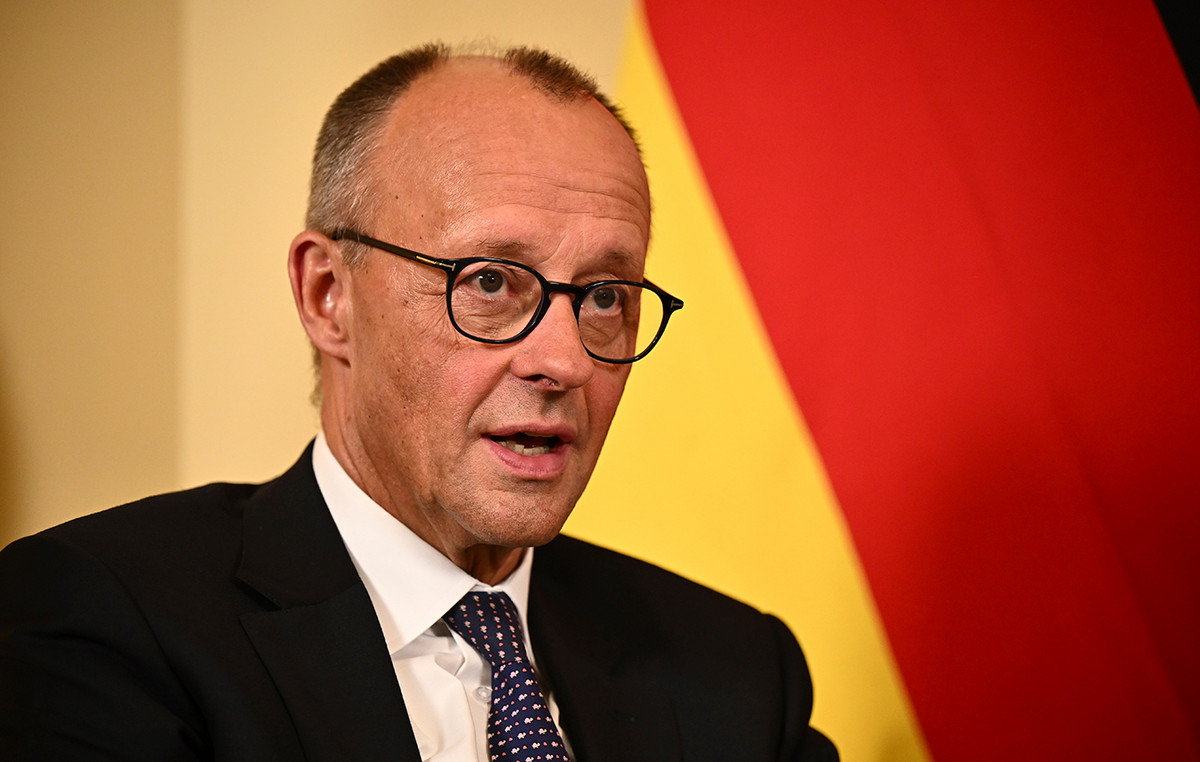Of Tasos Dasopoulos
Athens will claim a European solution to the energy crisis, but also a fiscal “corridor” through which it will have the opportunity to intervene to reduce the burden on households and businesses.
While the scenarios for a “Greek” solution, which the Government wants to give to the issue of electricity price increases from June, are intensifying, the hopes for a common European solution that will provide a way out of the problem of the fiscal space have not disappeared.
Eurozone finance ministers will meet three times this month. The first will be tomorrow via teleconference on the exclusive topic of banking union. The official Eurogroup on May 23 will be more substantial.
The meeting will be preceded by the spring forecasts of the European Commission, which according to information, will be worse than those expected last March. The Commission has abandoned (like the ECB) the scenarios of cyclical inflation and now sees persistence of inflation for 2023. However, the Commission will predict that even at a slower pace, the recovery will continue in 2022 and 2023.
The rules of 2023
On this basis, the finance ministers will have to reconsider the provisional fiscal rules for 2023, as it is now unknown when the debate on the revision of the existing Stability and Growth Pact will begin and, above all, when an agreement will be reached.
The crucial question of the council will be whether the validity of the total escape clause should continue in 2023. This is given that all Member States, without exception, will face fiscal problems in 2022, due to high inflation.
At the same time, a discussion is expected to be held on the solution that should be found, so that the heavily indebted countries such as Greece, Italy, Spain and Portugal have the financial margins to support their economies, without worrying about fiscal derailment of their budgets. The issue also applies to Member States that are not over-indebted, as the additional expenditure on support measures will have consequences for their own deficit.
The terms for the use by the Member States of the 230 billion of the unallocated loans of the Recovery Fund for support measures will be discussed in this direction. That is, if the money that the Member States borrowed to support their economies would be calculated for their debt and deficit.
Solution to the energy crisis
More important will be the summit on the 30th and 31st of the month where European leaders will seek – again – a solution to the problem of the energy crisis.
Greece is coming to the summit with a triptych of proposals: The decoupling of the wholesale price of electricity from the price of gas, the imposition of a ceiling on gas prices and the joint supply of fuel at EU level. The conditions for a common solution are clear. more mature as all major economies (excluding Germany) face a growing problem in the supply of Russian gas.
Hopes for a common solution are given by the fact that along with the meeting of EU leaders, a meeting of ECOFIN, ie the Council of EU Finance Ministers, is scheduled. The parallel meeting of the two councils gives hope that the leaders will make decisions and EU Ministry of Finance, will immediately undertake its implementation.
Although this effort fails, as Prime Minister Kyriakos Mitsotakis has repeatedly stated, Greece will work alone on a solution to reduce electricity tariffs.
Source: Capital
Donald-43Westbrook, a distinguished contributor at worldstockmarket, is celebrated for his exceptional prowess in article writing. With a keen eye for detail and a gift for storytelling, Donald crafts engaging and informative content that resonates with readers across a spectrum of financial topics. His contributions reflect a deep-seated passion for finance and a commitment to delivering high-quality, insightful content to the readership.







